The Thousand Star Hotel II - Wild camping and bivouacking in Europe
Finally on tour. Everyday life is behind you and you're on the road. All sensors are set to receive: new landscapes, new people, new customs, new food - you want to be up close and personal. Preferably at night, so camping is the only option for you. Since the days of the Corona, at the latest, there have been many arguments in favor of camping in solitude. On the other hand, it is not only the travel restrictions of the time that severely limit the possibilities, because the regulations on "wild camping" differ considerably in the countries bordering the Alps and in the rest of Europe. Part II of the guidebook.
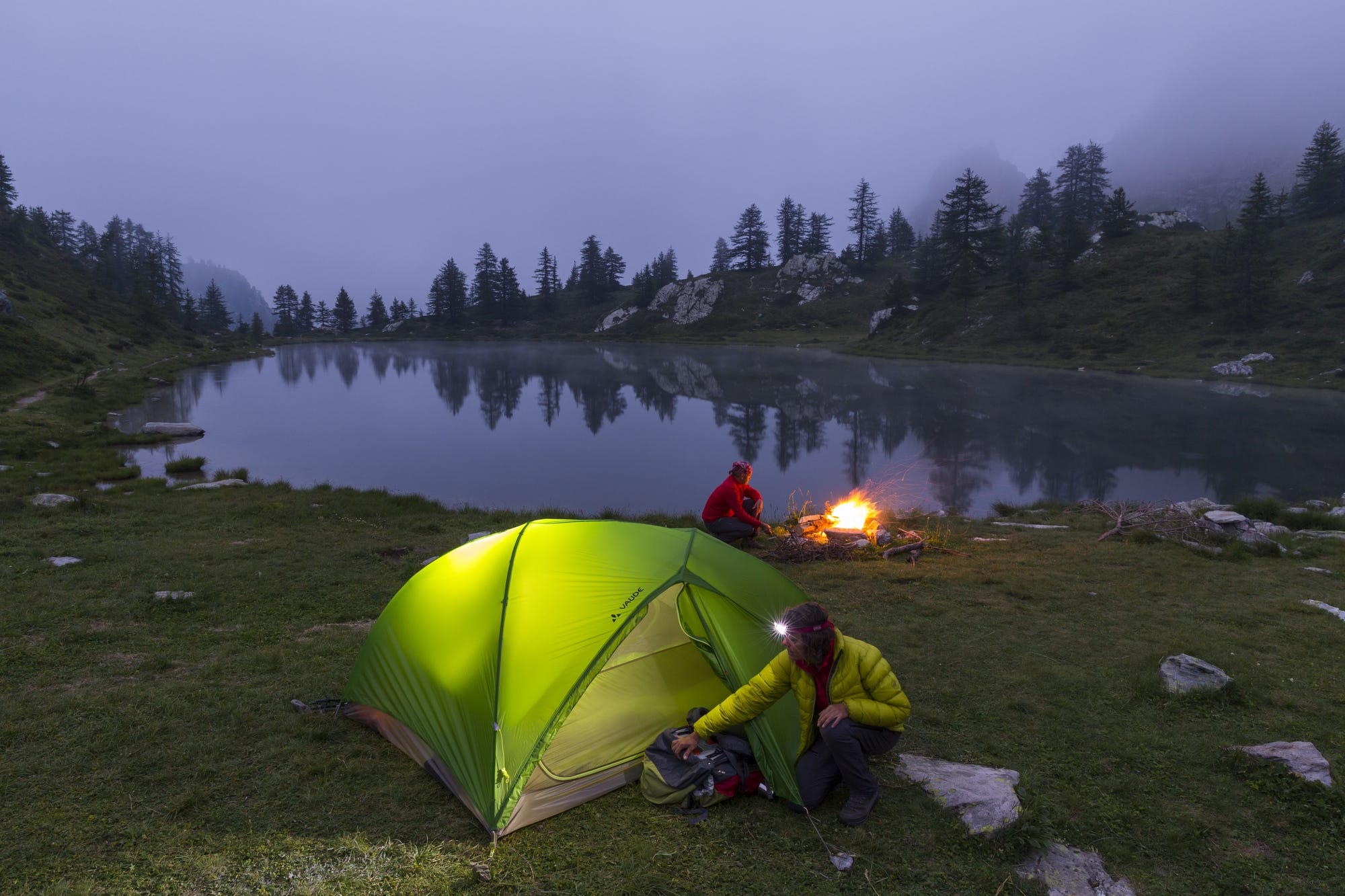

Disclaimer: We at VAUDE are not lawyers. So this text is not legal advice. But we try to bring light into the jungle of different rules for you and you to give you a guide to decide on your own responsibility, where you can sleep and how outside. All information without guarantee and subject to change of the legal situation.
In the first part (Das Tausend-Sterne-Hotel I – Wildcampen und Biwakieren in Deutschland, Österreich, Schweiz) you will find basic considerations about sleeping in nature and details about the legal situation in the alpine region. The second part will give you an overview of the situation in the neighboring countries and some other European countries.
Italy
In Italy, too, the maxim applies that wild camping is forbidden in the first place, unless the owner of the land allows/permits it. The situation is different with a night bivouac: Sleeping outdoors between sunset and sunrise is legally permissible, but in practice not so attractive with this narrow time window and low comfort. It doesn't automatically rule out heated discussions on the ground - after all, it can get pointy as to what else is bivouac and when camping begins.
If you want to be sure, you should ask around locally: some regions/municipalities have issued explicit regulations for the areas under their care, and some have even designated rest areas where you are allowed to stay for 24 hours, sleeping included.


France
The French state leaves it up to the landowner to decide on camping on his/her land. Nothing goes without his/her consent here either. On state lands, apart from explicitly designated areas (local authorities are responsible for determining these), it is forbidden without permission. Bivouacking also falls within a "quasi-legal" legal framework in France, but in some regions it is restricted to certain areas and in national parks special rules must be observed (distances). In the high mountains beyond the tree line, bivouacs are usually tolerated according to various experience reports.
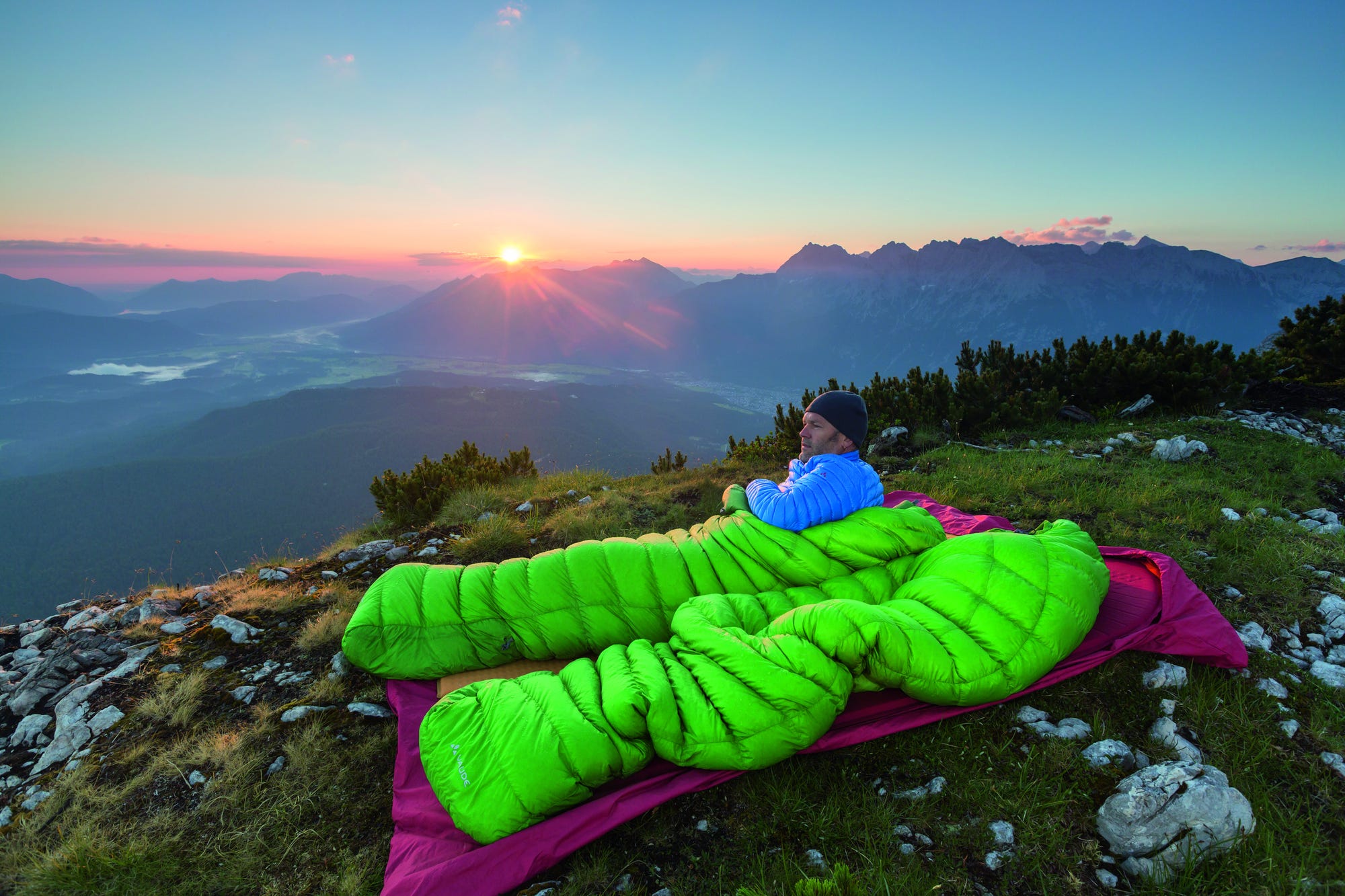

Spain
Wild campers in Spain depend on a permit from local authorities to sleep legally. In some cases, there are also regional bans. For pilgrims on the pilgrimage route to Santiago de Compostela, there is an exception: on the last 100 kilometers before the destination, wild camping along the way is tolerated. And in the Pyrenees, bivouacs are permitted for one night at sites above 2,000 meters. There are sometimes signs there that designate appropriate legal "camping zones."
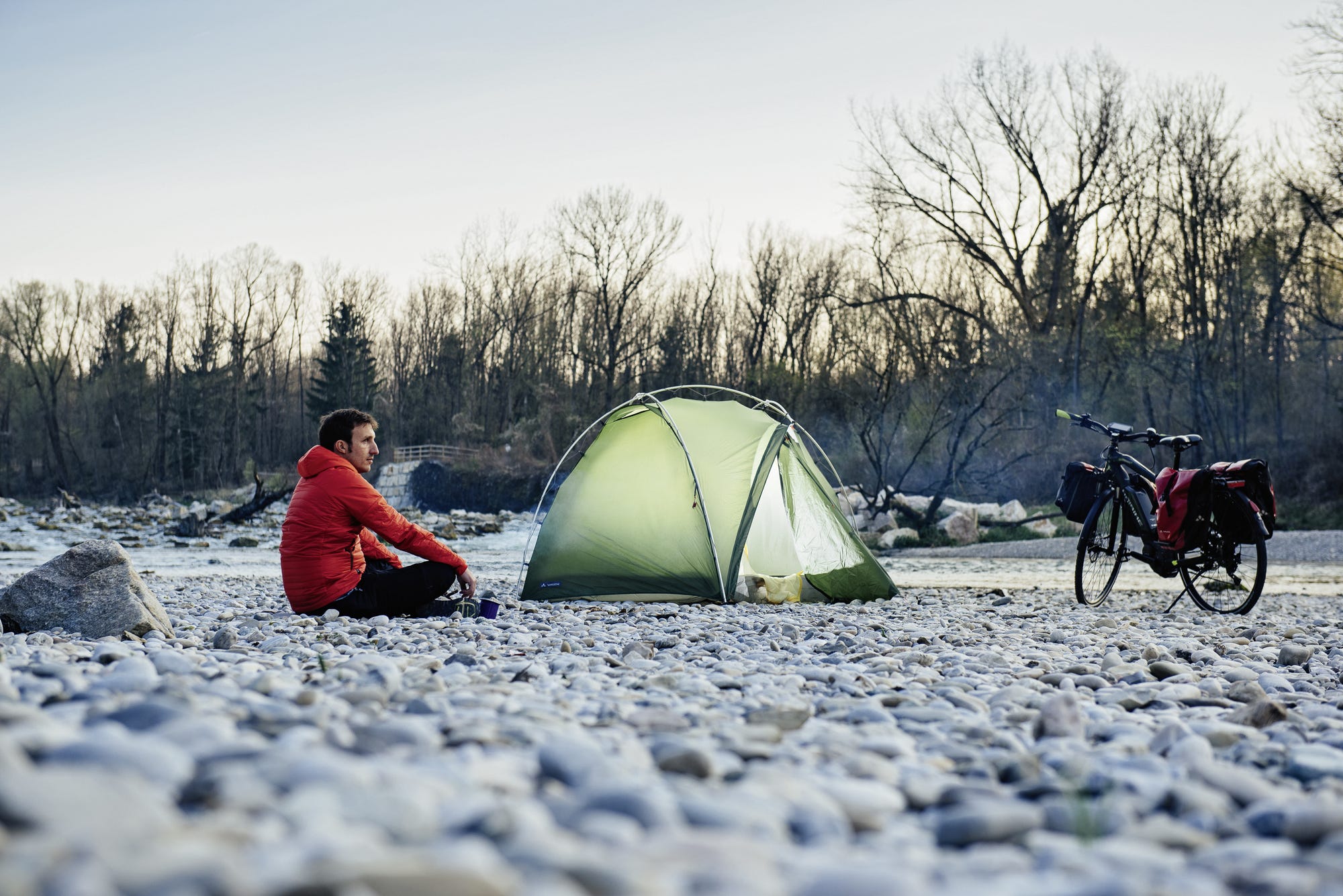

Belgium
Belgium has no uniform position on wild camping. Actually, it is legal to stay overnight away from campsites for 24 hours. But in Flanders and some specified places, as well as on the coast, camping outside campsites is generally not allowed.
Luxembourg
Small country - short paragraph: Luxembourg prohibits wild camping. On private land it is limited to two tents with permission of the owner, however, legal.
Netherlands
The Dutch are a camping nation and have clear rules: Wild camping away from campsites or appropriately designated areas is prohibited. The latter are particularly rare. This also applies to private land, by the way. The solution is called "mini-camping," a kind of "small sideline campground" run by farmers, or the simply furnished "trekker huts."
Denmark
The fact that the situation for campers in Denmark can be called "hygge" despite a clear ban on wild camping is due to more than 1,500 specially built natural campsites. These are equipped with a simple toilet and cold water tap, the costs are low (three euros) and an app ("Shelter") provides all relevant information.
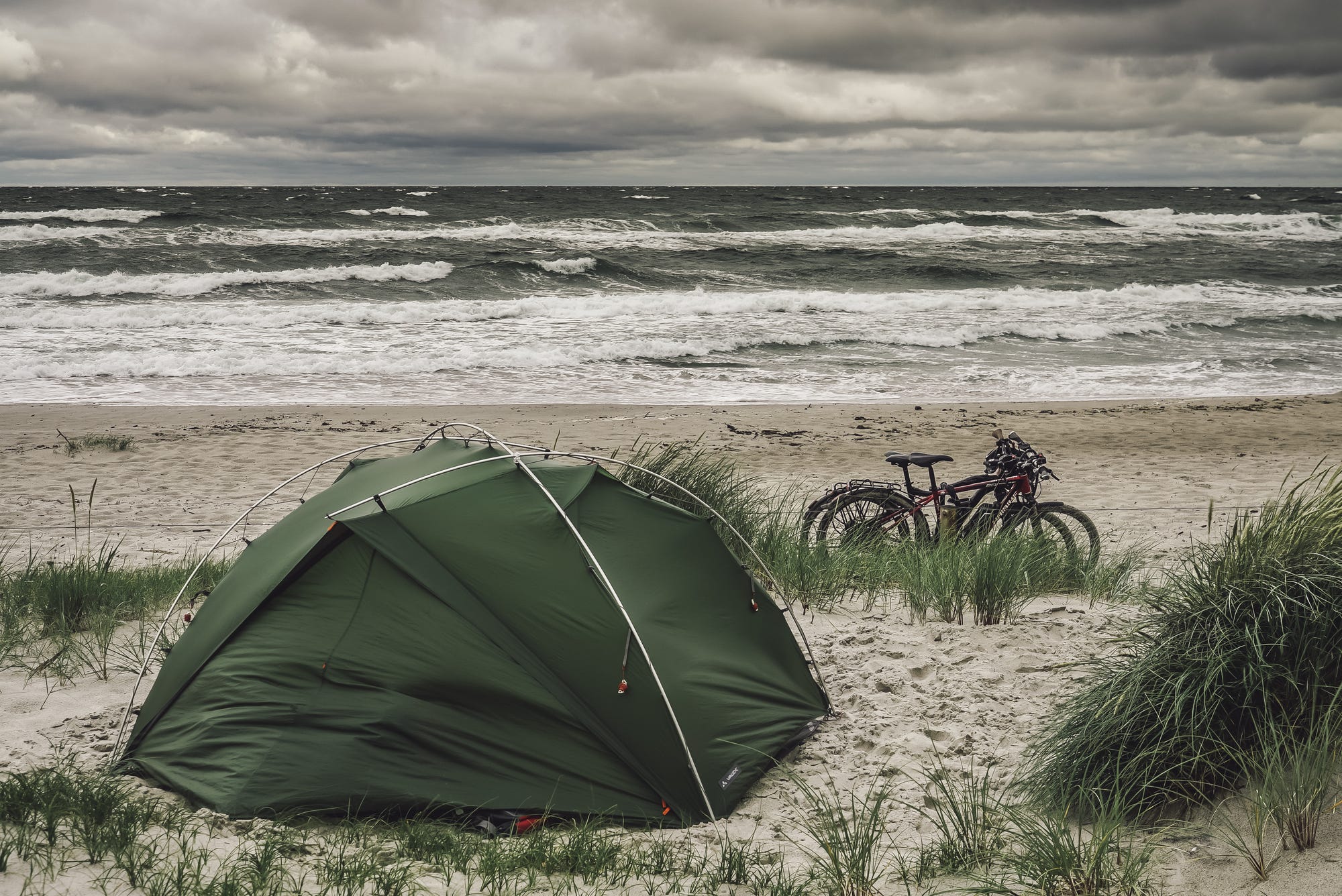

Norway and Sweden
Fantastic scenery, great people, plenty of loneliness and a camper-friendly legal situation makes Norway a paradise for wild campers. The so-called Everyman's Right allows you to camp almost "everywhere" for one night. It does not matter if the land is privately owned, the decisive criterion is that it is an "uncultivated" area. In addition, the tent must be pitched out of sight of the landowner, you may only camp one night in the same place, open fires are generally prohibited, and you must take any garbage back with you and leave the place without traces of your stay. By the way, this Everyman's Right does not apply to recreationists who are motorized.
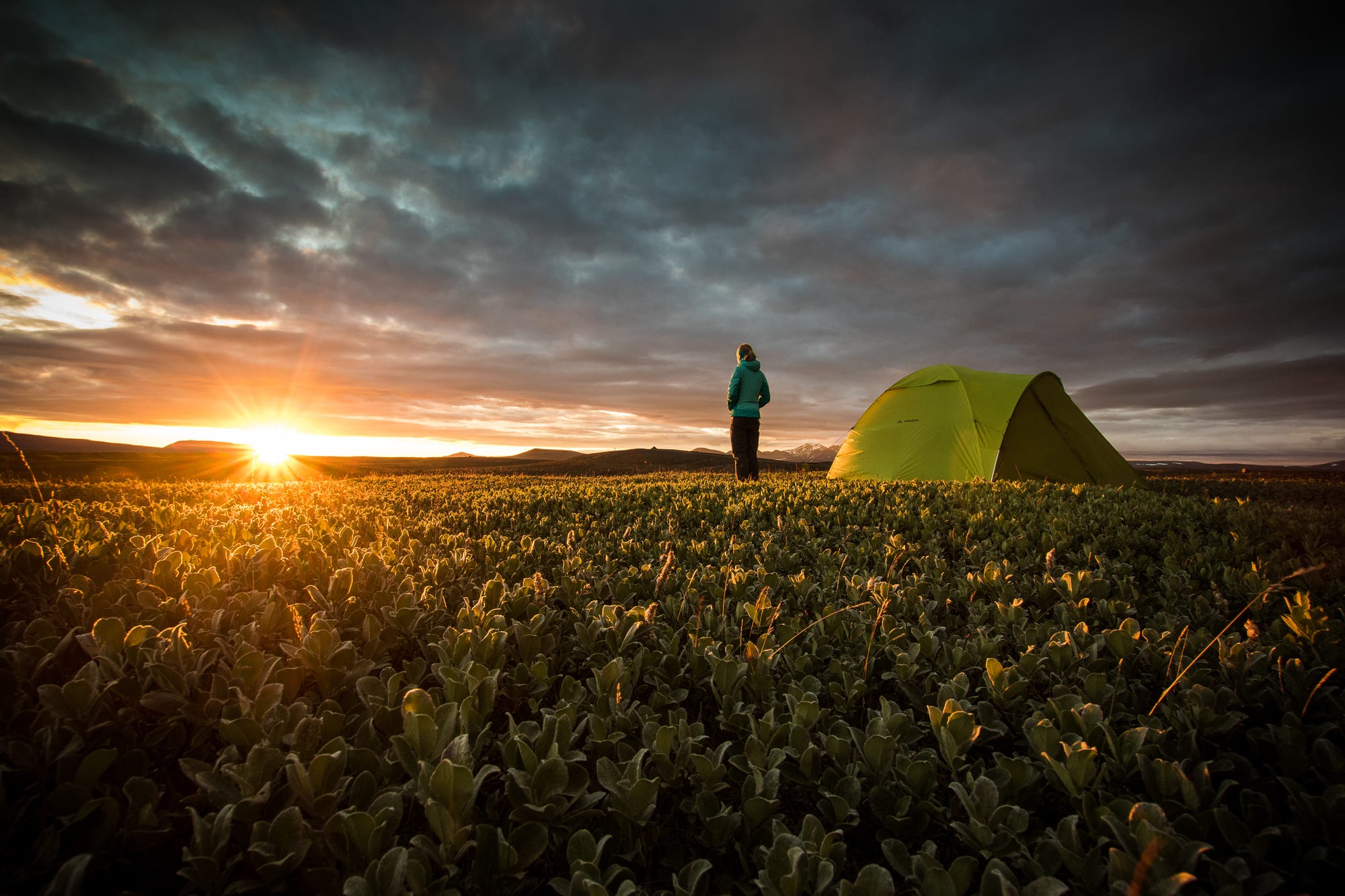

Finland
For wild camping in Finland this law (Everyman's Right) reads differently: Spending the night on private property is allowed, camping on roads or public parking lots, however, is not permitted.
Practical: In Finland there are many open and free wilderness cabins that you may use for an overnight stay. Open fires require permission from the landowner. If structural fireplaces are built, this may be considered as permission. Both apply only if there are no acute forest or grass fire warnings, then lighting fires is only allowed at covered campfire sites with fireplaces.
Poland
The legal situation in Poland is that wild camping is legal only with official permission. However, many trekkers report that away from the national parks this regulation is dealt with very loosely. Wild camping is allowed on private land with the permission of the owner.
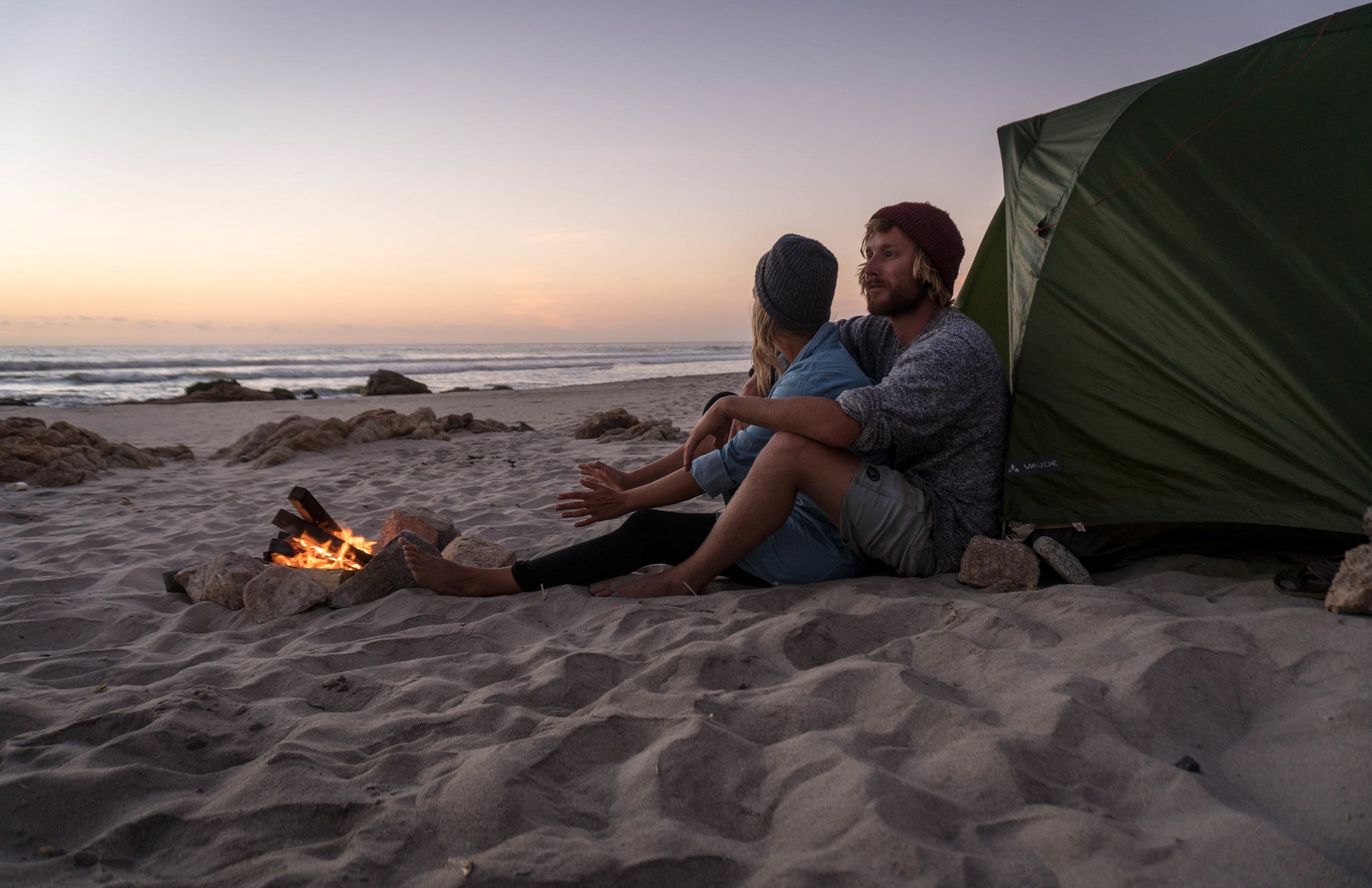

Czech Republic
The Czech state generally prohibits wild camping, even on private land or parking lots. It is legal only on designated sites. Emergency overnight campsites have been set up in some national parks. In the Czech Republic, it is worth paying attention to the distinction between campsites and campgrounds. The former offer a comprehensive infrastructure, the latter are kept very simple, often very picturesque and lonely locations and very cheap.
Hungary
In Hungary, overnighting/camping away from campsites is generally not permitted, even on private property. On the other hand, Hungarian campsites are considered very cheap.


15 helpful tips for responsible camping and bivouacking
The short overview has shown you that south of the Scandinavian Jedermannrecht rules are rampant. Here are now the best tips to spend the night in the actual situation on site as relaxed as possible and without a rude awakening for all involved in the thousand-star hotel:
- Choose camping equipment without reflective applications if possible and use inconspicuous colors.
- Check your motive: why do you want to go wild camping? Specifically: are you forced to do so due to lack of other options? Especially in regions that live from tourism, wild camping means local "loss of income". Be aware of this and weigh it against your interests.
- Before wild camping, check if there are any legal options. Portals like mycabin.eu, 1Nitetent.com, Opencampingmap and Welcome to My Garden or directories like the Danish Shelter app or the Belgian site Bivakzone point the way to legal and cheap spots for your overnight stay.
- Avoid residential areas widely: nocturnal walkers, joggers or dog-walkers increase the risk of being disturbed on both sides.
- Do not camp near industrial facilities - Nightly discussions with security are usually not very edifying.
- If no camp in solitude is possible, always ask for local recommendation/permission, or choose sites where misuse as night camps are more likely to be tolerated: Rest benches, shelters, barbecue areas or sports facilities.
- Tent in as small a group as possible.
- Prepare your dinner while it is still daylight and elsewhere, and then head out, full, to find a night camp site.
- Set up camp late in the evening and take it down early, changing locations for breakfast.
- Practice setting up your camp at home in the dark so that you can do it "blind".
- Avoid light (use the red light function of your headlamp) and noise.
- No toilet without shovels: Excrement and paper should be buried, always and everywhere!
- Leave nothing but the tracks of your tires or shoes and the contact surface of your sleeping mat. Stony ground is no problem thanks to good camping mats and reduces the environmental impact of your overnight stay (protected plants).
- Come on, don't be like that: Take other people's trash too, it makes the spot nicer and is good for your "karma"!
- Shroud yourself in silence about your wild camping. Don't post pictures and/or locations of your wild camps, so as not to fuel the longing of others.
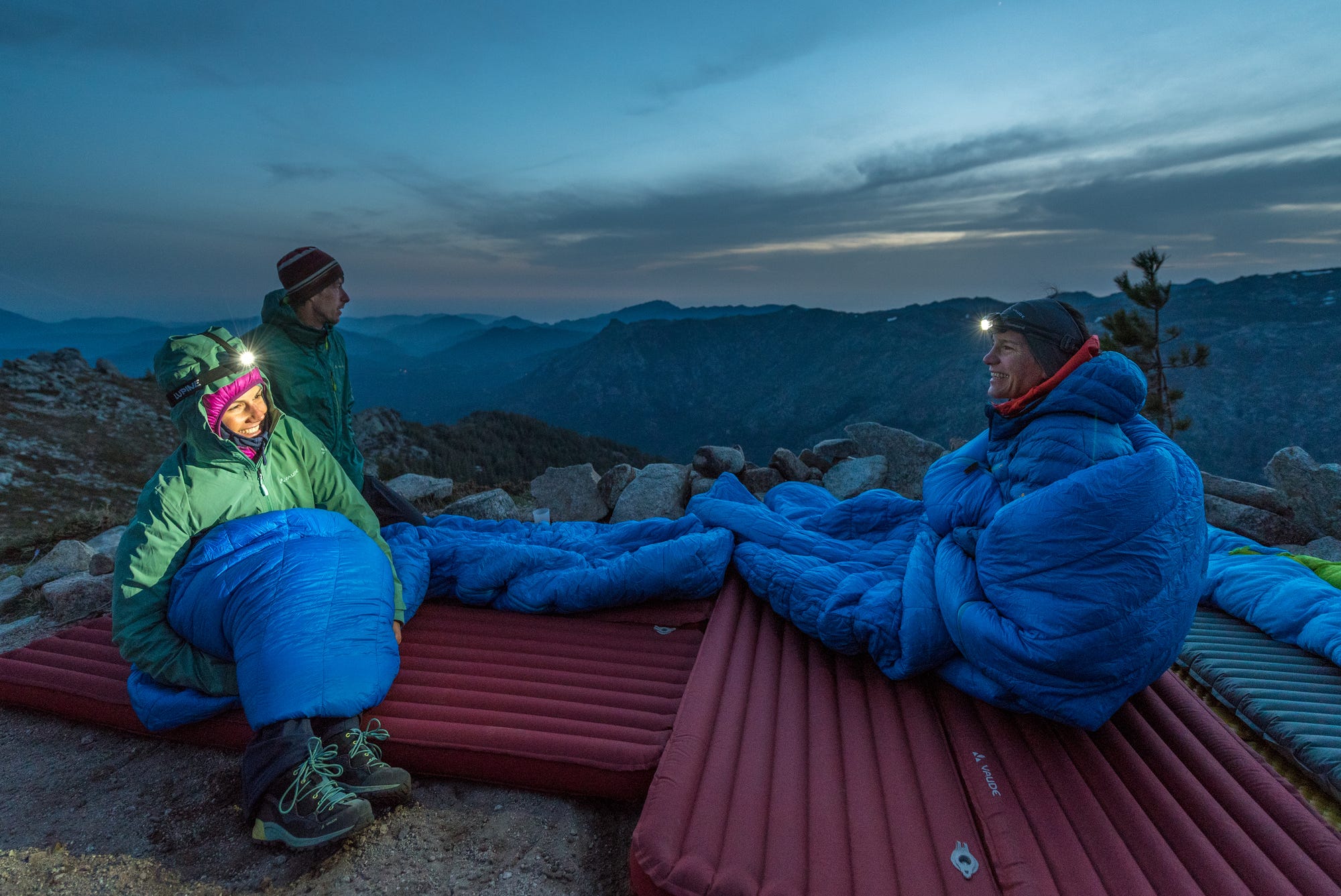

In the first part ("Das Tausend-Sterne-Hotel I – Wildcampen und Biwakieren in Deutschland, Österreich, Schweiz") you will find basic considerations about sleeping in nature and details about the legal situation in the DACH region (Germany, Austria, Switzerland).
Wild camping - Useful sources and links for further reading
- Bergzeit explains the situation in Europe.
- Comprehensive info on the Everyman's Right in Sweden.
- Not only for friends of van-life - a good overview of the regulations in Europe can also be found in the magazine of Paul Camper.
- An excellent summary of the legal situation in Germany in the Bergfreunde-Blog.
- Allgäuer freigeist Kristian Rath has his own thoughts and comes to a somewhat freer interpretation of the legal situation.
- The PES breaks down the situation in Austria by province ..
- ... and the SAC in Switzerland - of course without federal states ..
- ... also the DAV gives advice.
The maxim is also internationally: Be responsible! Take care of people, culture and nature! In this sense - have fun sleeping outside!




